
Upcoming talks at bitcoin++ Berlin 2025, lightning edition, Oct 2 - 4, 2025


Lightning is not where end users will live. Over time, wallets and apps will abstract it away, while operators, fintechs, and protocols will use Lightning to settle and interoperate. This talk argues Lightning’s future is as Bitcoin’s lingua franca across layers like Liquid, Ark, and Spark. We will explore why Lightning will become invisible to consumers but indispensable for infrastructure.
Venue: Main Stage

Blockstream
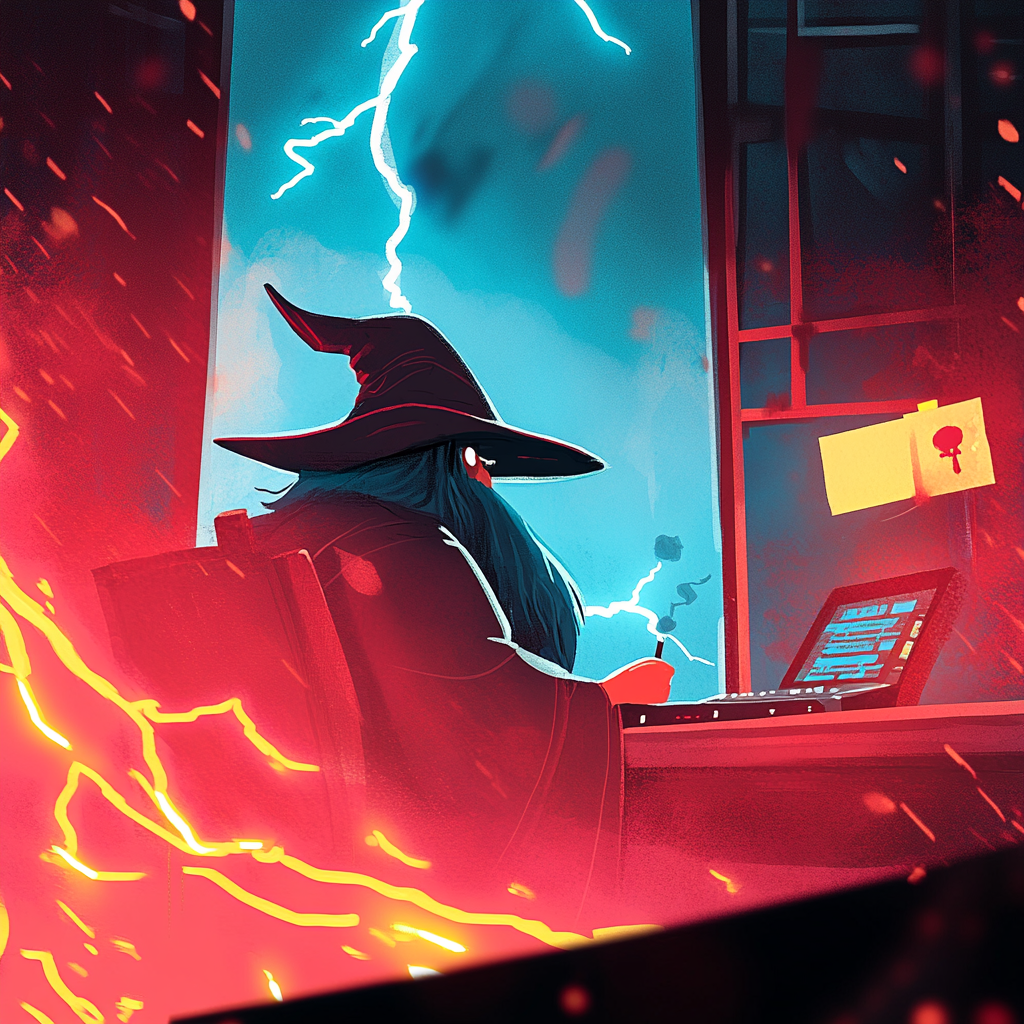
This workshop offers a practical introduction to BitVMX, a platform for building expressive smart contracts on Bitcoin using off-chain computation.We’ll walk through the main components and show how to start using them right away.Come join us! Let's keep on learning and building together.
Venue: Talks Stage
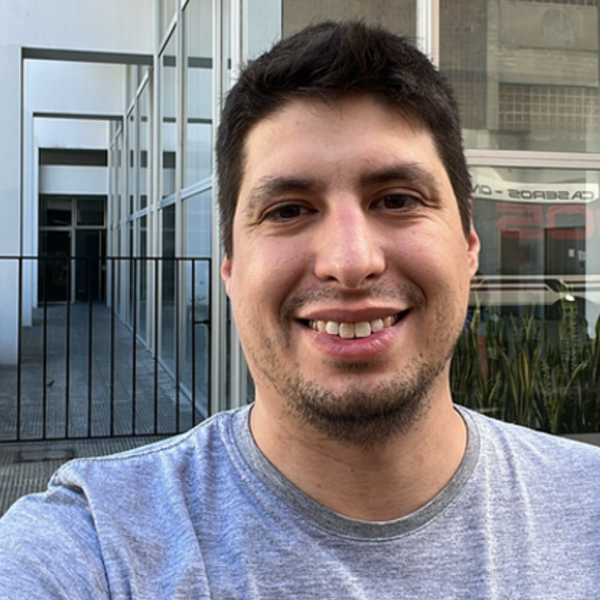
Fairgate

Michael walks us through his experience using lightning for vendor payments at the biggest bitcoin conference in the world at Btc Inc.
Venue: Main Stage

Bitcoin Magazine

Why bitcoin is the native currency for the internet and AI, how Nostr Wallet Connect enables seamless and controlled AI access to a bitcoin lightning wallet, and real world examples and tools that enable users to spend bitcoin using their AI agent and developers to charge bitcoin for AI access.
Venue: Main Stage

Alby

In this workshop, we’ll explore how the RGB protocol extends the Lightning Network with asset capabilities.We’ll start with a quick overview of how RGB works on LN. Next, we'll dive into a live demonstration of managing two RLN nodes: opening a channel, transferring RGB assets, and performing an asset swap. We’ll then take a peek at the code of RLN and its custom fork of rust-lightning, showing how straightforward it can be to adapt an existing Lightning node for RGB compatibility. An open discussion on future developments and potential applications will wrap up the workshop. Throughout the session, active participation will be encouraged.
Venue: Talks Stage

Bitfinex

Bitfinex

BitVMX can enable secure and watchtower-efficient Bitcoin payment channels through efficient state revocations.Using Schnorr signatures for revocation messages and one-time signatures (OTS) for state commitments, we create a dispute resolution mechanism where outdated states can be penalized.Unlike Lightning Network watchtowers that store data for every state update, BitVMX watchtowers require only O(1) storage per channel by maintaining just the latest revocation message. The system supports Hash Time-Locked Contracts (HTLCs) for routing and uses a directed acyclic graph of transactions for secure off-chain operations with minimal on-chain footprint.This presentation highlights the extensibility of BitVMX in constructing secure and efficient off-chain Bitcoin protocols.
Venue: Main Stage

Fairgate




Developers build the Lightning Network, but users like me live it [I work front-of-house at LN Markets, handling customers every day, and I’m not a dev.]. This talk brings a fresh perspective to the table, showing you how your work impacts real people. By sharing my experience, I’ll help you see where Lightning excels and where it needs refinement to onboard the next million users (hopefully). For a developer audience, this is a chance to align technical innovation with practical usability, straight from someone who’s been in the trenches.
Venue: Main Stage

LN Markets

An in-depth analysis of the tradeoffs between new protocols like Spark, Spark vs Lightning, and Spark vs. LND
Venue: Main Stage

Spiral

Running a node in production is no small feat. Join Troy Cross from Block as he shares some insights from running one of the biggest nodes on the network.
Venue: Main Stage

Block

WebLN, LNURL, lightning addresses and now Nostr Wallet Connect (NWC). Open standards are enabling seamless Bitcoin payments across apps and wallets. This panel brings together developers who have implemented open standards such as NWC to share their motivations, integration experiences, and the challenges they encountered. They will discuss user feedback, highlight what’s still missing to unlock more possibilities, and explore how NWC can help. The panel will also examine how the community can accelerate Bitcoin payment adoption and the role open standards like NWC play in that process.
Venue: Main Stage

Alby

Stacker News

ZEUS

Formerly known as the Bitcoin LARP, join us for a Bitcoin Work(shop) where we walk through how nodes work in real time.
Venue: Main Stage
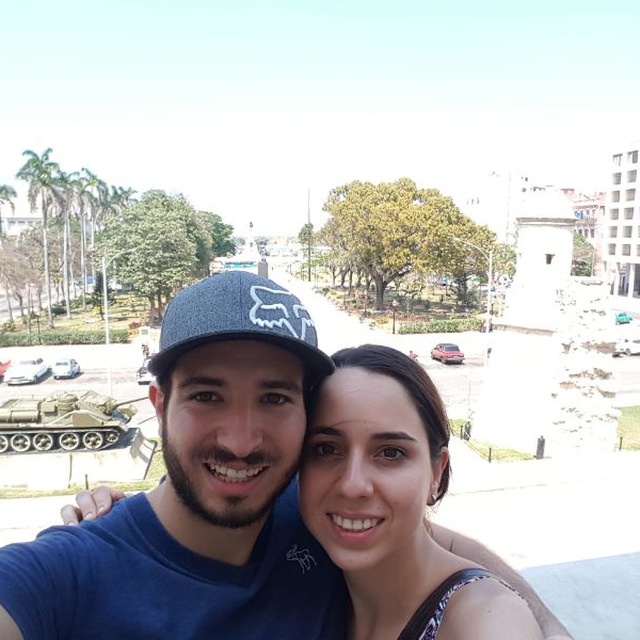
Base58

Base58⛓️🔓

Description to come
Venue: Main Stage

Spiral




Lightning Network adoption faces critical challenges: unreliable offline receive capabilities, expensive node hosting, and loss of self-sovereignty from custodial wallets. Lexe’s radical next-generation architecture fixes these problems by leveraging Trusted Execution Environments (TEEs) to create secure, always-online Lightning nodes that don’t compromise on self-custody.
Venue: Talks Stage
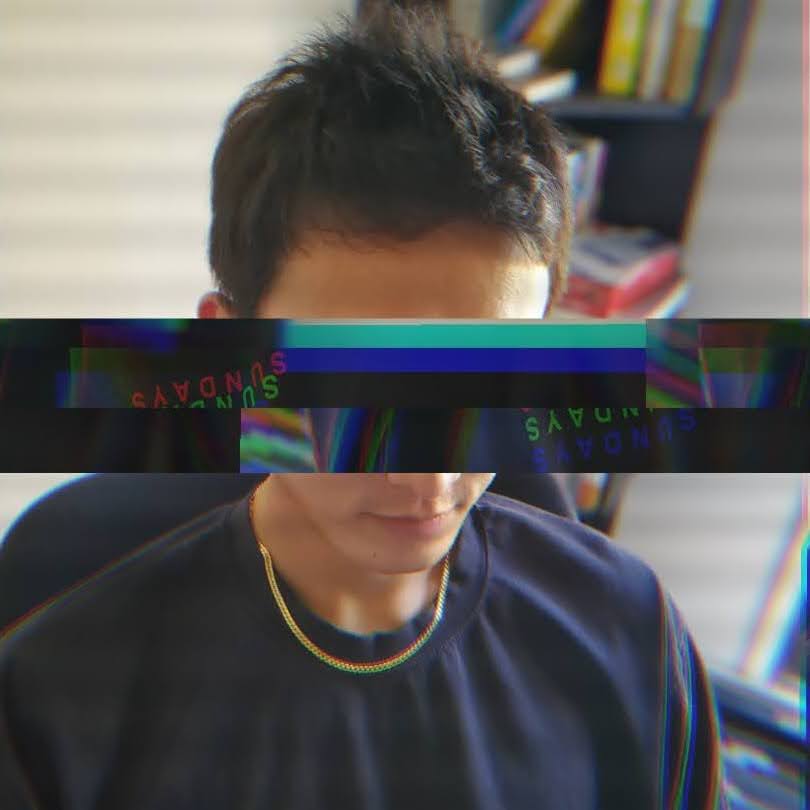
Lexe

We'll describe how we secure one of the largest Lightning Nodes on the network, why usual go-to solutions don't work, and why it applies to most crypto-currency applications (layer 2, smart contracts, ..).
Venue: Main Stage
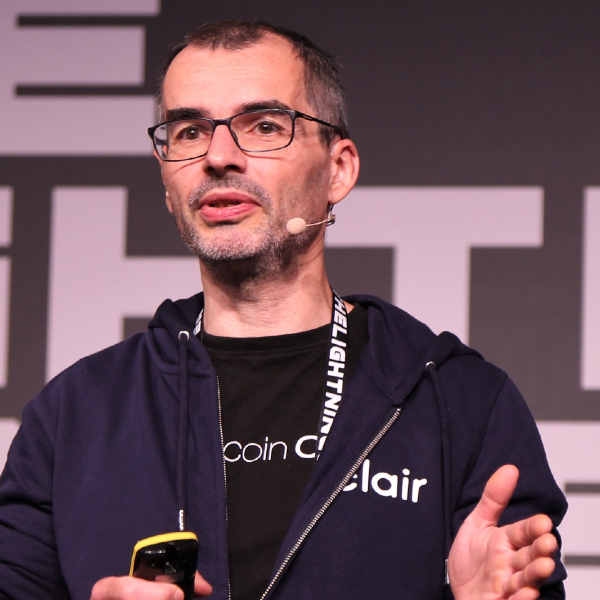
ACINQ

Discover how a simple elliptic curve trick enables more private and flexible Lightning payments. This talk breaks down the math behind PTLCs — including adaptor signatures, scalar tweaks, and how they improve on HTLCs
Venue: Talks Stage

ZBD

Since 2018 I have been studying the Routing dynamics of the Lightning Network. My results have been influential to all major implementations. Yet many of my findings and knowledge is scattered over various research papers, git discussions and articles. Also I have obviously read quite a bit about the ideas of other researchers. I would like to use this opportunity to summarize everything that I have learnt over the years about the routing dynamics and liquidity management challenges on the network. Hopefully this will give you a solid basis of insights to improve your lightning network operations.
Venue: Main Stage

OpenSats

Stacker News moved to non-custodial on Jan 3, 2025. This talk will cover how we transitioned to it over the course of 2024, the challenges we had to overcome to deliver a good user experience, and how it’s going.
Venue: Talks Stage

Stacker News

Graduated wallets allow users to onboard to a custodial system and experience the magic of making a Lighting payment, then upgrade when it's economically feasible to self-custody. Learn about how ZEUS is thinking about graduated wallet UX and our Cashu integration.
Venue: Main Stage

ZEUS

The gossip network that exists between lightning nodes is a fundamental component of the lightning payment channel network; without it, payers could not easily build routes and attempt to send payments. However, the health and performance of this network is not being actively monitored. Anecdotally, serious issues are discovered intermittently, and patched over with fixes. There are also observed issues with lost messages, or high bandwidth consumption, that are fundamentally at odds, given how gossip works today. With the gossip v2 proposal underway, this talk explores: - The performance of the existing mainnet gossip network, by presenting analysis of observed gossip traffic - Historical changes in implementation behavior, and how may that impacts gossip performance - Brief introduction to Minisketch and Erlay as an alternative to batched flooding; differences between Bitcoin L1 gossip, and Lightning gossip - Discussion on how the current gossip v2 proposal impacts usage of Minisketch / set reconciliation - Call to Action / Call for Feedback
Venue: Talks Stage


Why are lightning nodes keeping payment routing logs forever? Tor doesn't keep logs, even if you want it to. Yet Lightning nodes are keeping these logs forever, undermining the privacy protections of onion routing by creating a massive honeypot of data that could be used to deanonymize lightning transactions. In this talk will look at what data is kept, what data actually needs to be kept, and ask why implementations keep unnecessary data.
Venue: Main Stage

OpenTimestamps

Lightning is becoming the de-factor interoperability layer for bitcoin payments. However, as an end-user you might not want to run a lightning node. In this talk I give a short intro to Ark and explain how it can make your lightning experience go better
Venue: Talks Stage

Second

Scaling Lightning: Running a lightning node is essentially plug and play. Self-sovereign bitcoin and lightning payments have never been easier. So why are blocks so empty? Is this evidence of the lightning network working as intended? Or is the network growth limited by technical, UX, and social challenges?
Venue: Main Stage

bitcoin++

Cashu

ZEUS

Fedi

Bitcoin Magazine

The RaspiBlitz project was started during the first Lightning Hackday 7 years ago, with the idea of running a small, always-on Lightning Network routing node at home. How far have we come? What is the status quo? And what is NixBlitz?
Venue: Talks Stage
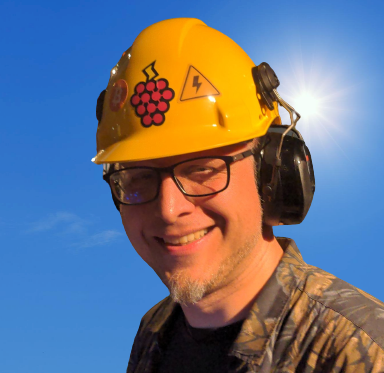
RaspiBlitz

In this talk, I'll present my research about how to integrate Utreexo proofs with the lightning network. Allowing for more sovereign lightning nodes that are still lightweight for end-clients
Venue: Talks Stage

Vinteum

A workshop that teaches developers how lightning works and how to build a node using LDK. This is a condensed version of a longer, multi-day course. At btc++ we’ll focus on "Intro to Payment Channels". This workshop walks developers through how to build a Lightning channel. We start with the concept of simply sending off-chain transactions to a peer via email or text, and then we work our way towards adding components one-by-one (ex: multi-sig, spending paths, timelocks, revocation keys). With each step, we discuss the shortcomings of channel constructions that don't work well, and we'll eventually make our way to a robust Lightning Channel. The entire workshop is in Replit, so students will build funding, commitment, and HTLC transactions and broadcast them themselves into a regtest environment running in the background.
Venue: Talks Stage

Spiral Grantee

Description to come
Venue: Main Stage

Blockstream // Greenlight

This talk introduces fuzzing and differential fuzzing techniques. We'll explore how these testing methods can make the Lightning Network more secure and robust by uncovering inconsistent behavior between different Lightning implementations and their adherence to the BOLT specifications.
Venue: Talks Stage

Vinteum

Nickolas gives an update on the state of his c# lightning implementation, NLightning
Venue: Main Stage

OpenSats

A check-in of where we’re at with lightning privacy.
Venue: Talks Stage

Spiral


SimLN is an open-source Rust tool for simulating Lightning Network payment activity across real or mocked topologies. Compatible with LND, CLN, Eclair, it enables developers, researchers, and signet operators to generate realistic traffic for load testing, protocol evaluation, or synthetic data generation. This session introduces SimLN’s capabilities, demonstrates how to configure and run simulations using a simple sim.json file, and explores its flexible modes—from fully randomized traffic to precisely scheduled payments. Attendees will leave with a clear understanding of how to integrate SimLN into their own environments to accelerate testing and experimentation on the Lightning Network.
Venue: Talks Stage

Libreria de Satoshi

What’s new in Lightning and how it’s currently splicing out.
Venue: Main Stage

core-lightning


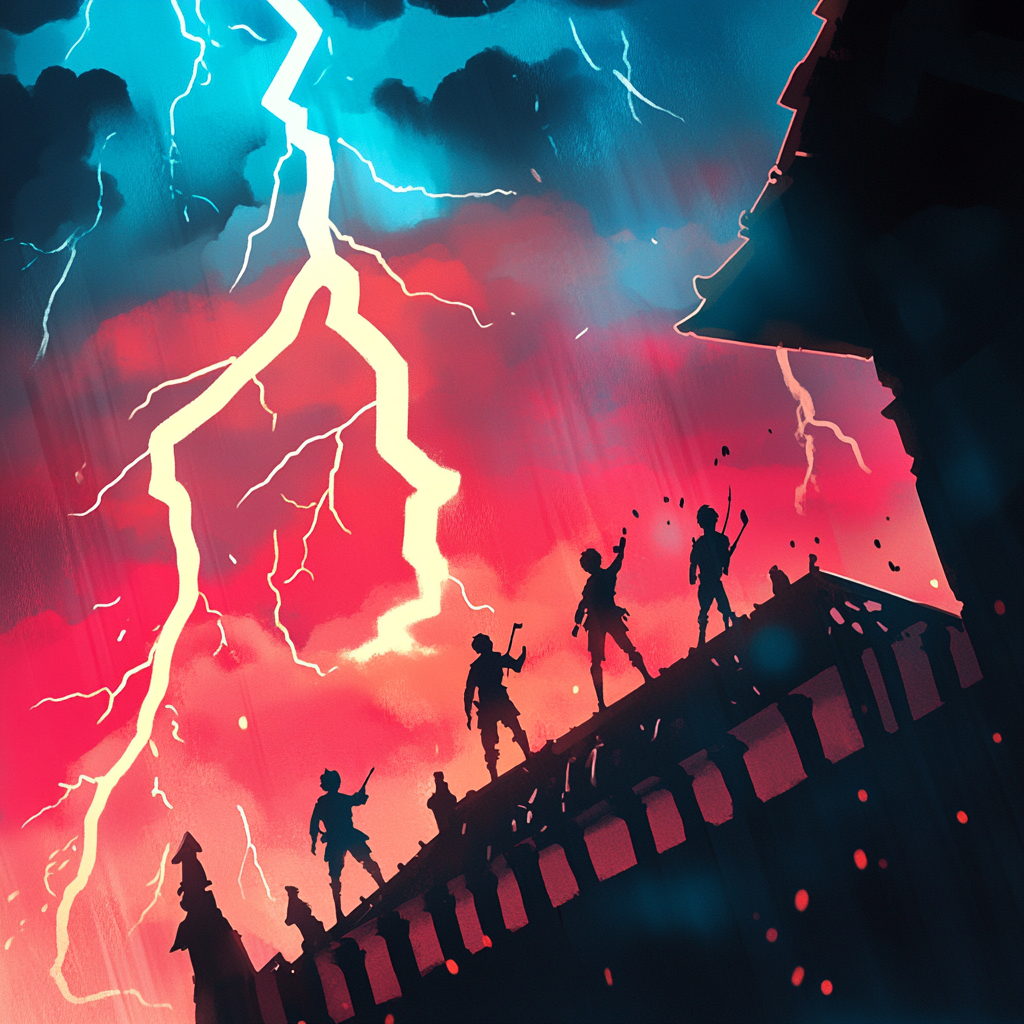
What’s new in lightning implmentations
Venue: Main Stage

Base58⛓️🔓

Spiral

Blockstream // Greenlight

ACINQ

OpenSats
